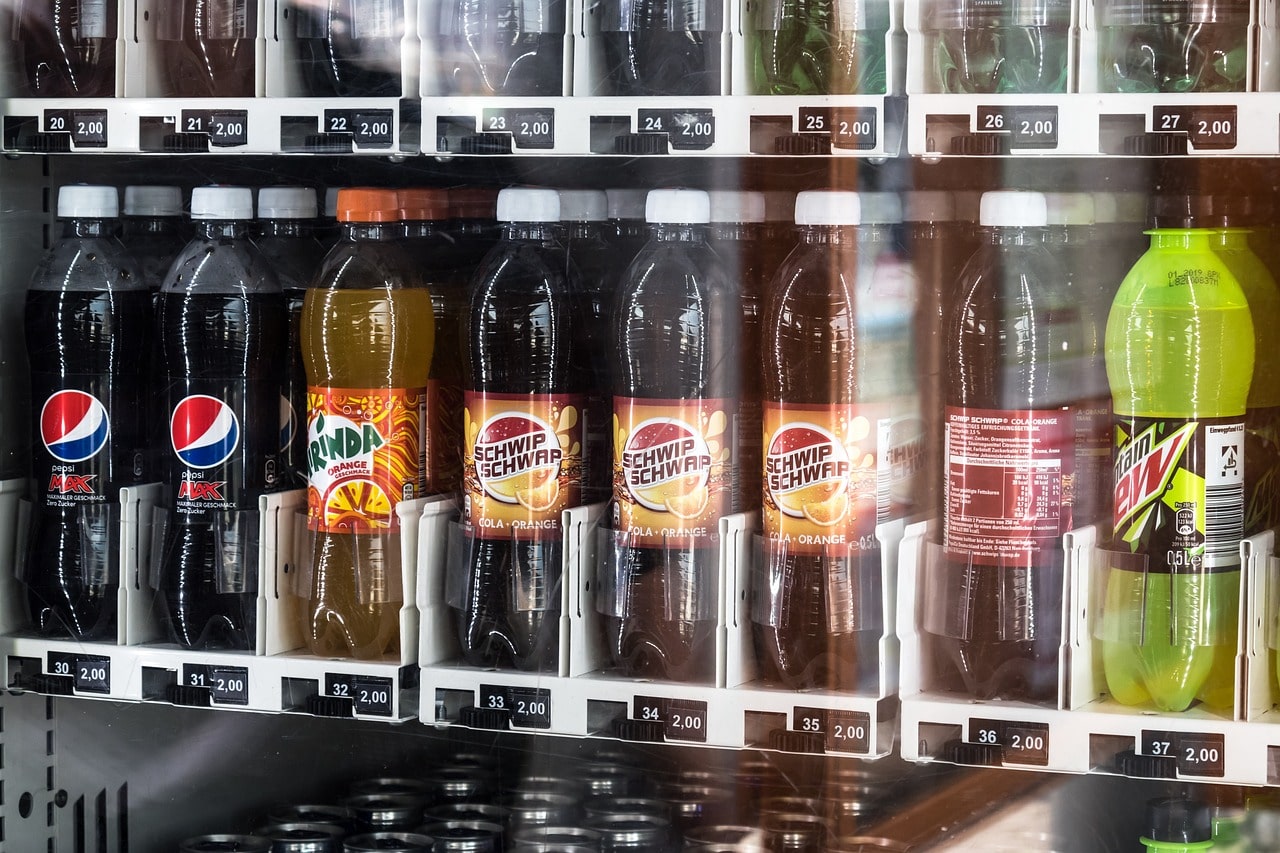
With climate change becoming a more impactful threat every day, the effort to reduce waste and become sustainable is getting more popular. Many companies have begun embracing recyclable packaging, and the trend will continue to grow.
That is especially true of soft drinks manufacturers, who are increasingly turning towards reusable materials like aluminum cans and PET bottles. Not only does this save them money, but it also positively impacts the planet.
To give you a better perspective, we'll explore some of the advantages of recyclable packaging and discuss why businesses are happy to incorporate eco-friendly solutions.
Improved Brand Image
In today's increasingly eco-conscious world, consumers have begun to seek sustainable options when making purchase decisions. And for those in the soft drink industry, this is more apparent than ever as recyclable packaging has become an integral component of the product experience.
Companies in this particular sector have quickly recognized this shift in consumer demand and are now emphasizing recyclable packaging as a unique feature of their brands. Through dedication to recyclable packaging efforts, they position themselves at the forefront of sustainability and establish a platform that highlights their commitment to green initiatives.
By adopting green packaging solutions like aluminum cans, PET bottles, and cellulose fiber, companies in the soft drink industry have forged a meaningful link between sustainability and their products. As a result, these companies gain a unique advantage over their competitors in the food and beverage industry.
Recyclable materials do more than improve brand reputation. They also create tangible consumer benefits by reducing transport costs, weight, and breakage from handling or shipping, to positively affect pricing.
Resource Conservation
Recyclable packaging is a critical asset to the soft drink industry concerning resource conservation. With the use of post-consumer waste, there is no need to rely on non-renewable resources with every production cycle. Recyclable packaging minimizes resource consumption by allowing companies to use raw materials multiple times while preserving energy.
This type of resource stewardship has become increasingly important in recent years due to climate change, and recyclable packaging ensures both sustainability and unprecedented efficiency for companies within this thriving industry. Conserving resources has created a competitive advantage in the market and contributes to a circular economy.
As more and more consumers opt for recyclable products, it becomes a win-win situation for both businesses and consumers. Soft drink companies reap the benefits from increased customer loyalty and lower resource consumption, while consumers benefit from knowing their purchase decisions will not harm the planet.
Cost Savings
Over the past few years, soft drink companies have been proactive in waste reduction and now realize the rewards of transitioning to more sustainable packaging. Not only is this an eco-friendly move, but it can also lead to cost savings due a decrease in new resources needed for production.
With single-use packaging, the production process requires more labor, leading to increased costs. By leveraging recyclable materials such as Polyethylene Terephthalate (PET) bottles, aluminum cans, cellulose fiber, and other lightweight packaging for glass bottles, manufacturers can reduce their financial investment by avoiding the purchase of non-recyclable packaging.
In addition, these materials tend to be lighter in weight than traditional non-recycled packaging, which allows soft drink companies to save on shipping costs. Materials such as glass bottles are much heavier than modern packaging solutions and drive transportation costs up.
With lighter packaging, cargo planes and trucks use less fuel to ship products to their destination, thus lowering expenses and reducing the number of carbon emissions released into the atmosphere. Therefore, while recyclable packaging continues to improve, it ultimately results in lower costs for soft drink companies compared to non-recycled materials.
Higher Customer Satisfaction
Consumers appreciate the sustainable packaging efforts of soft drink companies, as they cut down on waste and pollution. For many beverage manufacturers, recyclable aluminum cans and PET bottles have become commonplace and highly convenient solutions, contributing to higher customer satisfaction.
Consequently, consumers have become more proactive in recycling efforts as soft drink companies make it easier for individuals to live more sustainably. That is good news for both soft drink companies and consumers who appreciate having a convenient way to reduce their footprint on our planet.
To promote their recycling initiatives, companies have employed various methods such as public education campaigns, sponsored programs for composting and reuse of recyclables, and incentives to encourage customers to recycle their containers.
As a result, there has been a significant increase in consumer appreciation for these companies' efforts to be more sustainable and environmentally conscious. Consumers love supporting businesses that pursue solutions for environmental problems, recognizing that small individual actions can add up in a big way, ultimately benefiting us all.
A Win-Win for Everyone
As you can see, soft drink companies are ahead of the curve compared to other industries, and that determination to attain sustainability has worked out well. Not only does recyclable packaging help keep our planet clean, but it also has many economic advantages that make it a win-win for everyone.
You may also like
7 Different Ways to Cut Down on Waste in Your Business
Lotion Pump Bottle as Packaging: Countless Benefits
How to Help Your Business Become More Sustainable?
Top 7 Eco-Friendly Packaging Alternatives for Your Business
